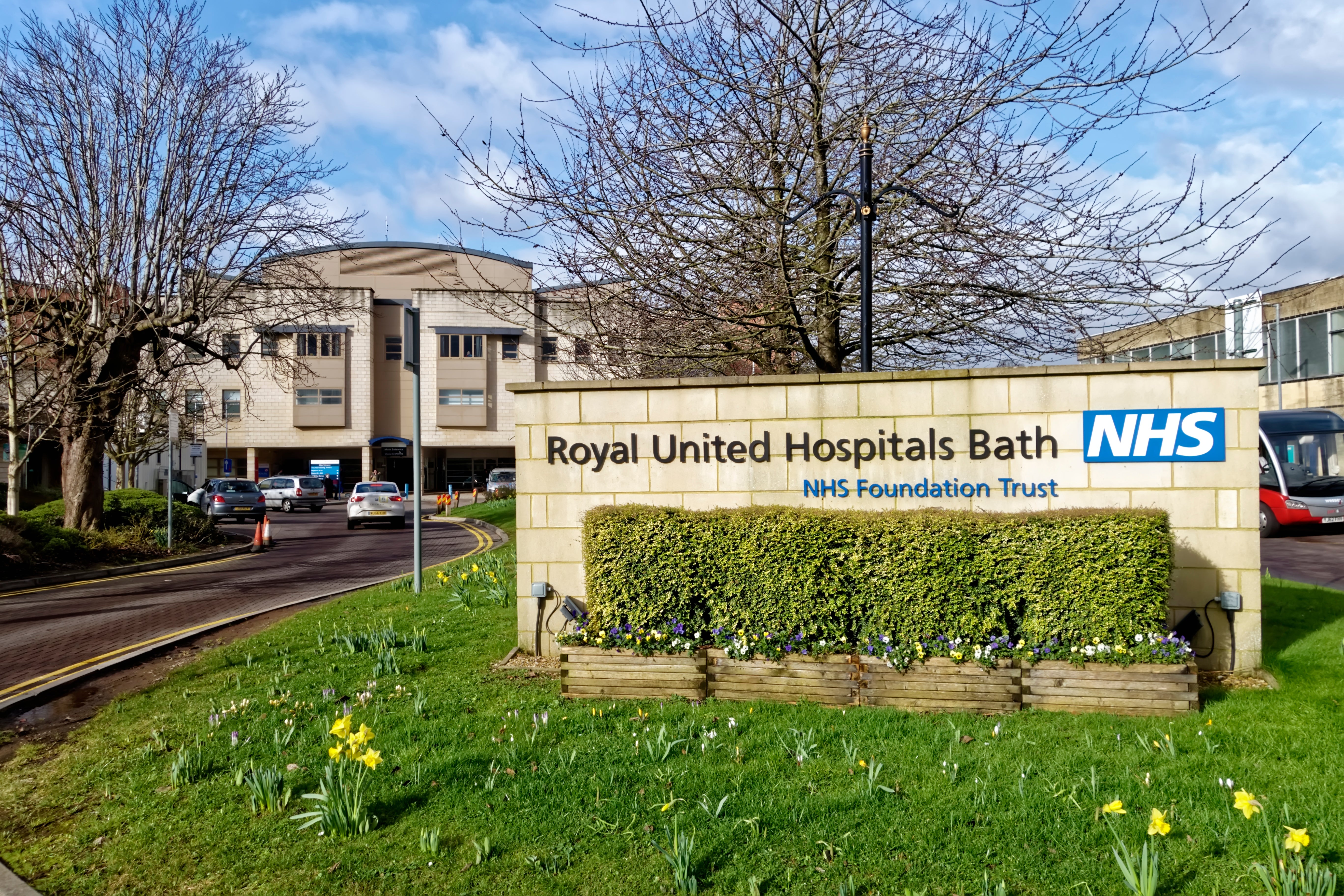The NHS is set to speed up cancer diagnoses with the rollout of new technology, Cancer 360.
The tool centralises patient data, enabling clinicians to prioritise urgent cases and expedite treatment.
The NHS says it could lead to faster diagnoses for millions of patients.
Currently, NHS staff grapple with fragmented information scattered across spreadsheets, emails, and various records.
Cancer 360 digitises this analogue system, streamlining the process and providing clinicians with a comprehensive overview of each patient’s journey.
The shift eliminates the need for time-consuming data gathering, allowing medical professionals to focus on delivering timely and effective care, the NHS said.

“Every cancer patient deserves swift, effective care, and our new Cancer 360 solution harnesses data to ensure exactly that,” NHS national clinical transformation director Dr Vin Diwakar said.
“By giving clinicians a comprehensive view of patient pathways, we can identify and address delays immediately.
“The NHS federated data platform (FDP) is already showing its value in transforming cancer care, helping our hard-working staff deliver better outcomes while reducing administrative burden. As Cancer 360 expands to more hospitals nationwide, I’m confident we’ll see meaningful improvements in both treatment times and patient experience.”
It is understood that trusts will not have to use the tool, but those not meeting the cancer standard – including that 85 per cent of cancer patients should have started their treatment within 62 days of being referred – may be asked to consider how Cancer 360 could help them meet targets.
As well as helping patients get a faster diagnosis, the DHSC said Cancer 360 will also help cut treatment delays and thus boost survival rates.
The technology has been piloted at Royal United Hospitals Bath, and Chelsea and Westminster Hospital.

It helped Chelsea and Westminster Hospital meet the faster diagnosis standard, whereby 75 per cent of patients should receive a diagnosis or ruling out of cancer within 28 days of referral.
Suraiya Abdi, consultant obstetrician and gynaecologist at Chelsea and Westminster Foundation Trust, said: “The implementation of Cancer 360 has enabled my team to monitor and safely carry our patients through their cancer pathway.
“The tool enables us to have in depth conversations at our weekly meetings regarding a patient’s next step as well as allowing us to escalate queries directly to other teams for faster turnaround.
“The tool has reduced the amount of admin time spent by our cancer team therefore enabling them to focus on the patient journey. I have witnessed an improvement in performance, team spirit and most importantly patient experience.”
Technology Secretary Peter Kyle said: “I’ve seen first-hand the stress and heartbreak that cancer causes in my own family.
“Dependent on archaic pen-and-paper systems, life-saving diagnostics appointments hung on whether a post-it note lost its stick, or a piece of paper went missing. That put lives at risk, and with the technology we have today, there’s no reason for any part of our healthcare service to run in such a way.
“Simply by keeping accurate records, the technology we are putting to work today will cut waiting times and save lives, delivering on our plan for change. That way, people can once again trust that their local hospital has the tools it needs to focus on what matters – treating their loved ones and keeping families together for longer.”
The DHSC said Cancer 360, to be rolled out soon, will benefit millions of patients in the next five to 10 years.





.jpg?trim=80,0,186,0&width=1200&height=800&crop=1200:800)